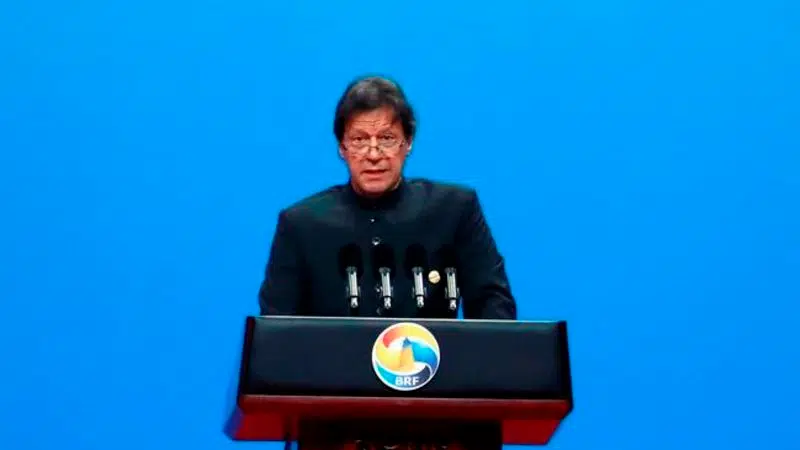
China’s Xi promotes building initiative amid debt worries
BEIJING — President Xi Jinping promised Friday to promote high financial standards for China’s infrastructure-building initiative as Beijing tries to dispel complaints the multibillion-dollar program leaves developing countries with too much debt.
Xi avoided mentioning debt in a speech at the opening of a Belt and Road forum attended by leaders of three dozen countries to celebrate his signature foreign initiative. But he said Beijing wants “open, green and clean co-operation” with “zero tolerance for corruption.”
Developing countries welcome the initiative to expand trade by building roads, ports and other facilities across a vast arc of countries from Asia through Africa and the Middle East to Europe. But most Belt and Road projects are built by Chinese state-owned companies and are paid for with loans from government banks at commercial interest rates. That has fueled complaints most of the benefit flows to China and that costs are too high, pushing some countries into a debt trap.


